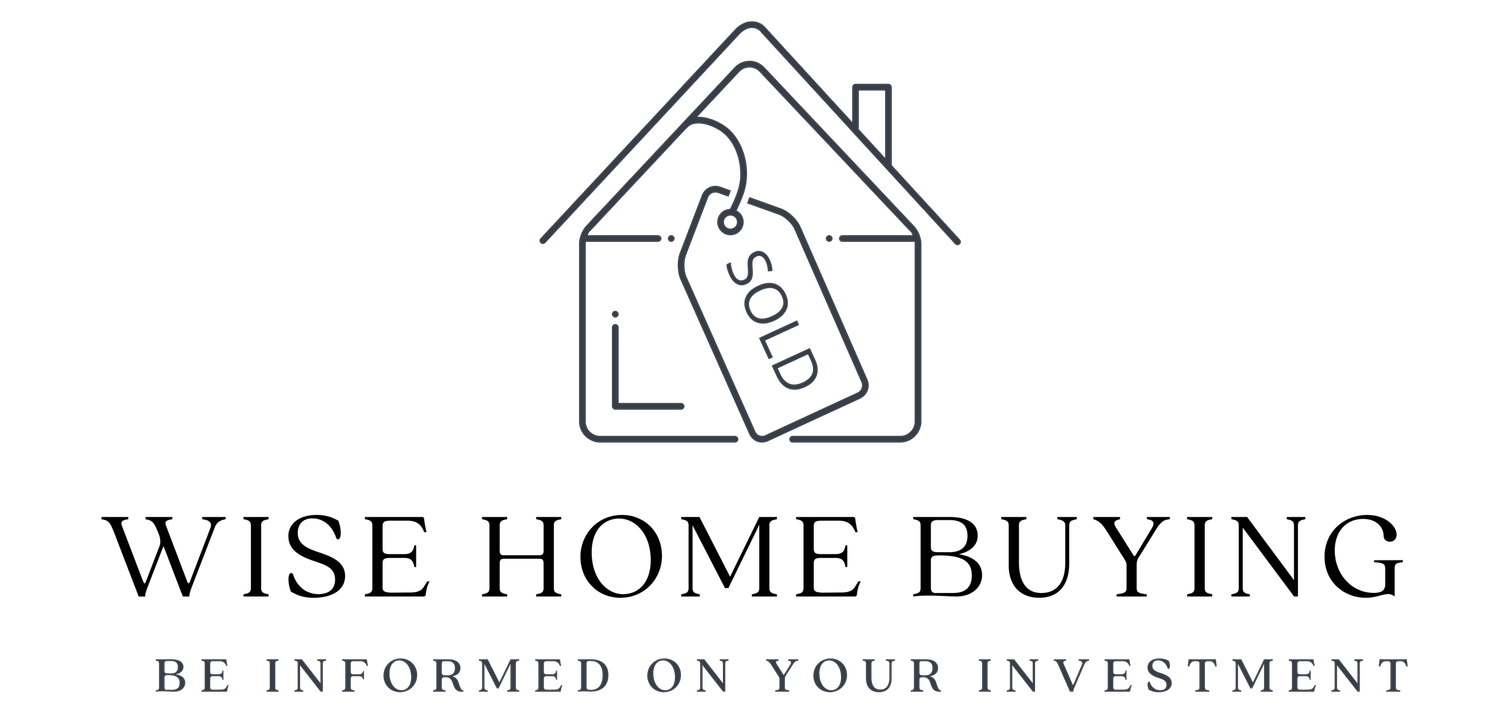Homeowners Association (HOA)
Homeowners Association (HOA)
It is not only the layout, design, size, location, price, neighborhood, community, and other expenses you need to consider when buying a house. Most subdivisions and communities these days have a homeowner’s association (HOA) that governs the common areas of the properties. According to Valerie Kalfrin’s article “HOA Pros and Cons for Homebuyers: Rules, Fees and Perfect Lawns,” statistics show that HOAs govern nearly 60% of recently built single-family homes – and 80% of houses in new subdivisions.
For some homebuyers, having an expensive HOA and restrictions to their property can be a deal-breaker. There are also home buyers who are looking for a low-maintenance lifestyle and love the benefits of the HOA. People particularly pleased with an HOA might be an elderly couple who need help with lawn care, a young power couple who commute far to work and don’t spend a lot of time at home, and people who want to live in a very nice neighborhood where houses and lawns are monitored for proper upkeep. All kinds of people can live in a community with an HOA, but some prefer a more independent lifestyle where the opinions of others will not influence their own property.
What is the HOA?
According to Leap Property Management, a Homeowner’s Association “is a legal entity formed in some subdivisions and planned communities that makes and enforces rules regarding the properties and the people who live there.” You automatically become a member if you buy a property with an HOA, and you cannot get out of it because it is part of the contract that you must agree to follow the rules and regulations of the HOA. The board members are elected from among the residents in the local area and they regulate what can and cannot be done within the community. You will pay dues to cover things such as upkeep or maintenance for common areas and you can be fined for operating outside of the guidelines. The purpose of an HOA is to create a structure of organized uniformity and maintain certain features of the community by following rules, regulations, and guidelines for single-family homes, condominiums, or townhomes. The clean, well-kept, and uniform look will make the community more aesthetically appealing and also add value to the property.
Pros and Cons
There are certainly pros and cons to an HOA; what is a benefit to some people will be a hindrance for another! Let’s review various perks of having an HOA:
Lawn Care, Landscaping, and Snow Removal - According to Home Light, an HOA in a condominium complex or a planned community of single-family homes handles the exterior upkeep. Someone mows the lawn, does landscaping, and trims bushes or trees. If gardening, lawn care, or snow removal is a hobby for you, you might not enjoy having someone else take care of the home exterior.
Trash Pickup - This is a benefit although you are not able to shop garbage companies by price or rating, and the HOA will select what days your trash is collected and where you may store trash cans.
Nice Common Areas - The HOA is in charge of heating and air-conditioning systems, electrical systems, plumbing, lighting, elevators, and security systems in the common areas. This would typically include a gym, pool or hot tub, library, playground, and/or community center.
Peaceful Neighborhood - Home Light also mentions that the HOA handles any conflict with the neighbors. It can be very beneficial to allow a neutral third party to review a dispute, but this allows others in the neighborhood to hear and spread your private dilemmas.
Accrue Value – A strict HOA helps local homes to retain their value or add more value because the rules help keep the neighborhood clean and desirable.
Unlike the positives, which may have a downside for some homeowners, Realtor.com points out some true shortcomings of having an HOA:
Financial Strain - The mandatory monthly or annual fees are required, and fees can change based on decisions that are beyond your control.
Pre-Approval Required - It takes months for the board to approve any exterior modification you want for your house or the community. You must submit your plans describing the height, colors, location, shape, and materials for pre-approval. The board can require that any part of your plans be altered if they do not meet their strict standards.
Many Restrictions - An HOA can also restrict the addition of a swimming pool, shed, fence, RV or boat storage, pets, and home rentals. Unfortunately, many homeowners want the freedom to make these changes to their property without retrieving the approval of others and this creates a generally negative stigma for HOA organizations.
Heed Before the Deed
Although an HOA can be an asset, Orsatti & Associates Real Estate Law recommends that you ask to review the homeowner’s association budget, fees, dues, rules, and regulations that are detailed in the covenants and deeds before you purchase a home within an HOA.


